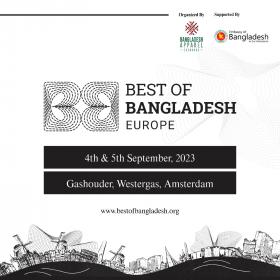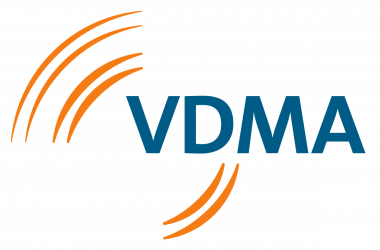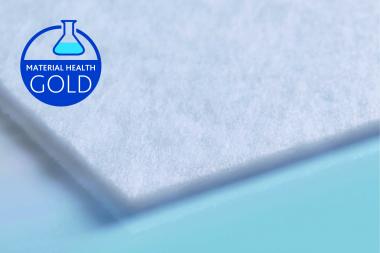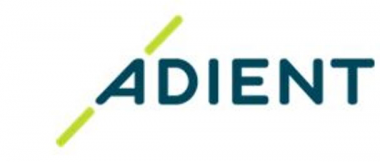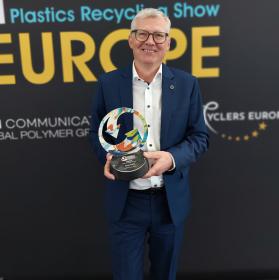Lenzing: Business Performance in the first half of 2023
- Revenue of EUR 1.25 bn and EBITDA of EUR 136.5 mn in the first half of 2023
- EBITDA and net result for the period significantly improved compared with the first quarter of 2023
- Cost-cutting program and measures to strengthen sales activities being implemented as planned
- Liquidity position strengthened by successful capital increase and extension of credit terms
- Production of TENCEL™ brand modal fibers successfully launched in China
The business performance of the Lenzing Group, a leading global supplier of specialty fibers for the textile and nonwoven industries, largely reflected the subdued market trends in the first half of 2023. After the market environment deteriorated significantly in the second half of 2022, signs of recovery were evident during the first and second quarters of 2023 in terms of both raw material and energy costs as well as demand. Textile fibers recorded improving demand, and business with nonwoven fibers and with dissolving wood pulp proved to be very stable.
Outlook
The war in Ukraine and the more restrictive monetary policy pursued by many central banks in order to combat inflation are expected to continue to influence global economic activity. The IMF warns that risks remain elevated overall and forecasts growth of 3 percent for both 2023 and 2024. The currency environment is expected to remain volatile in the regions of relevance to Lenzing.
This market environment continues to weigh on the consumer climate and on sentiment in the industries relevant to Lenzing. Recently, however, the outlook brightened somewhat according to a global survey by the ITMF.*
In the trend-setting market for cotton, signs are emerging of a further buildup of stocks in the current 2022/23 crop season. Initial forecasts also see a further buildup of stocks in 2023/24, albeit to a lesser extent.
However, despite signs of recovery in both demand and raw material and energy costs, earnings visibility remains limited overall.
Lenzing is fully on track with the implementation of its reorganization and cost-cutting program. These and further measures are aimed at positioning Lenzing in the best possible way for the expected market recovery.
In structural terms, Lenzing continues to anticipate growth in demand for environmentally responsible fibers for the textile and clothing industry as well as the hygiene and medical sectors. As a consequence, Lenzing is very well positioned with its “Better Growth” strategy and plans to continue driving growth with specialty fibers as well as its sustainability goals, including the transformation from a linear to a circular economy model.
The successful implementation of the key projects in Thailand and Brazil as well as the investment projects in China and Indonesia will further strengthen Lenzing’s positioning in this respect.
Taking into consideration the aforementioned factors and assuming a further market recovery in the current financial year, the Lenzing Group continues to expect EBITDA in a range between EUR 320 mn and EUR 420 mn for 2023.
*Source: ITMF, 21st Global Textile Industry Survey, July 2023
Lenzing AG








